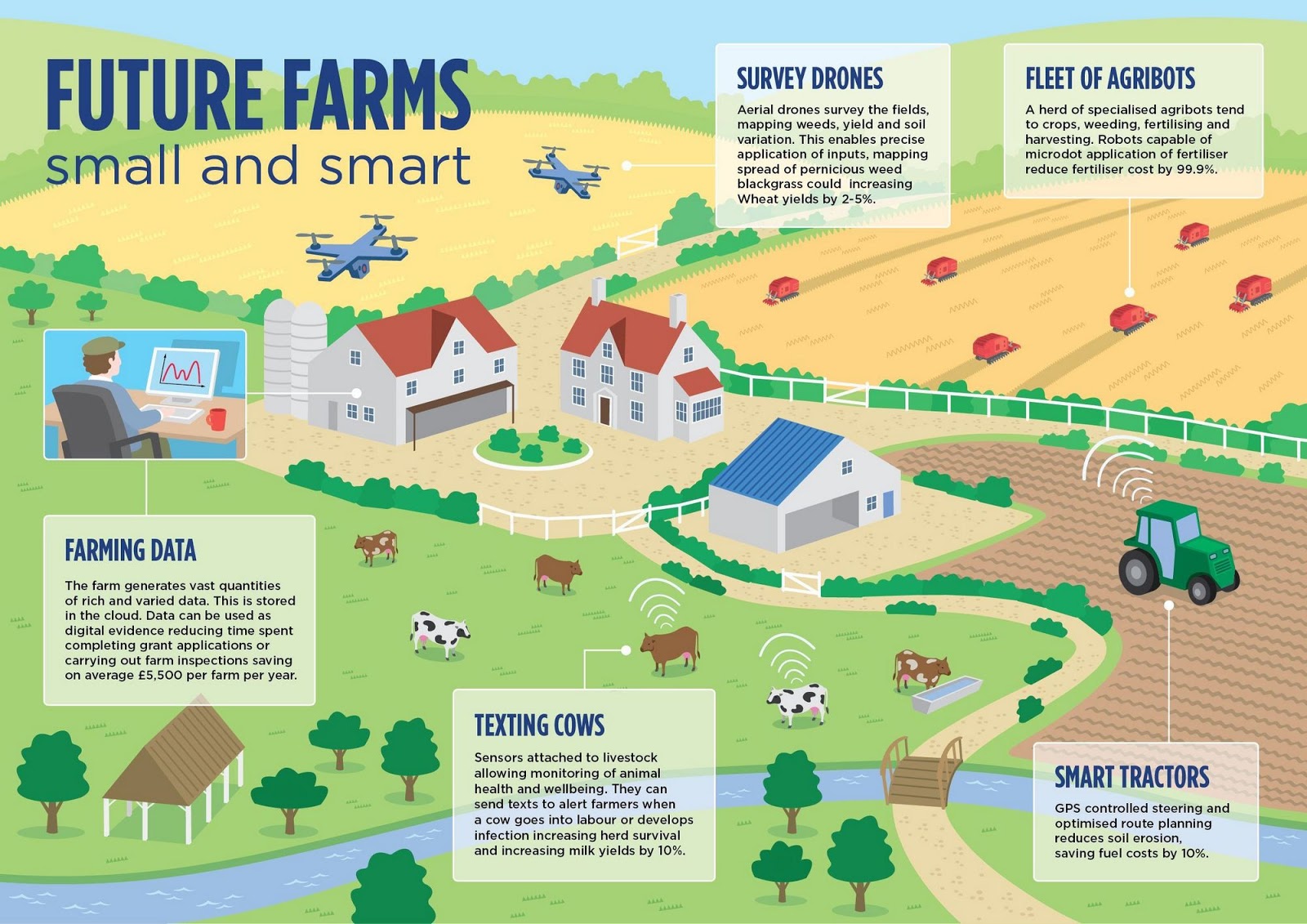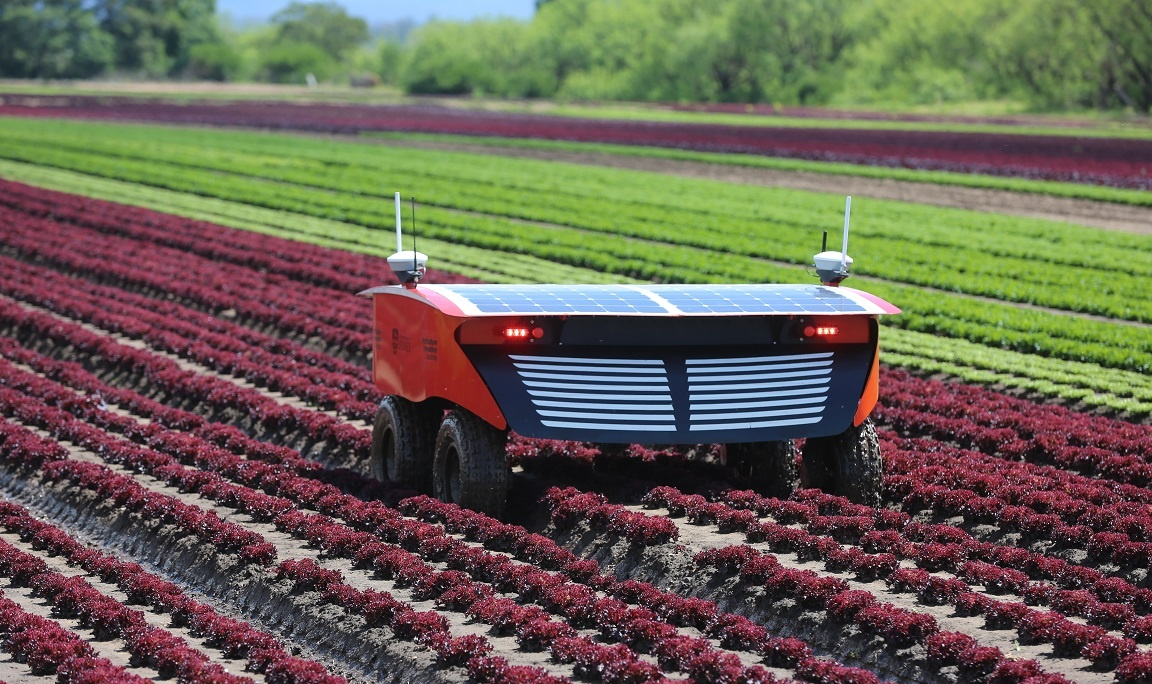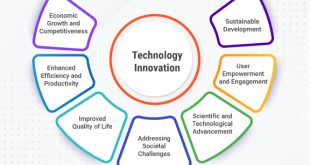Introduction
The world’s population is projected to reach 9.7 billion by 2050, which means that food production will have to increase by 70% to meet the demand. However, the amount of land available for farming is shrinking due to urbanization and climate change. This is where technology comes in to revolutionize agriculture and make it more sustainable.
 Source: bing.com
Source: bing.comFarm Automation
Farm automation involves using robots, drones, and sensors to monitor and manage crops. Robots can handle tasks such as planting, weeding, and harvesting, while drones can provide aerial images of farms to help farmers detect any problems. Sensors can be used to monitor soil moisture, temperature, and even the health of individual plants. All of these technologies can help farmers make better decisions and increase efficiency.
 Source: bing.com
Source: bing.comPrecision Agriculture
Precision agriculture involves using data analysis and machine learning to optimize farming practices. For example, farmers can use data on soil quality, weather patterns, and crop yields to determine the best time to plant, fertilize, and harvest crops. This can reduce waste and increase productivity. Additionally, precision agriculture can also help farmers reduce their use of fertilizers and pesticides, which can be harmful to the environment.
 Source: bing.com
Source: bing.comVertical Farming
Vertical farming involves growing crops in vertically stacked layers, typically in a controlled environment such as a greenhouse. This approach can increase crop yields while using less land and water than traditional farming methods. Additionally, vertical farming can be done in urban areas, which can reduce transportation costs and emissions associated with shipping food from rural areas to cities.
 Source: bing.com
Source: bing.comSmart Irrigation
Smart irrigation involves using sensors and data analysis to optimize water usage. Farmers can use data on soil moisture and weather patterns to determine when and how much to water their crops. This can reduce water waste and increase crop yields. Additionally, smart irrigation can help farmers adapt to climate change by using water more efficiently in areas where water is scarce.
 Source: bing.com
Source: bing.comRobotics and AI
Robotics and AI can be used in agriculture to increase efficiency and reduce labor costs. For example, robots can be used to harvest crops, sort produce, and even milk cows. AI can be used to analyze data on crop yields and weather patterns to make better decisions about planting and harvesting. Additionally, AI can be used to develop new crop varieties that are more resistant to pests and diseases.
 Source: bing.com
Source: bing.comConclusion
Technology has the potential to revolutionize agriculture and make it more sustainable. By using farm automation, precision agriculture, vertical farming, smart irrigation, and robotics and AI, farmers can increase productivity while reducing waste and environmental impact. As the world’s population continues to grow, technology will become an increasingly important tool for feeding the world’s population.
Related video of The Future of Agriculture: The Impact of Technology on Sustainable Farming
DAFTAR ISI
 Majalah Pulsa Kumpulan Berita dan Informasi Seputar Teknologi
Majalah Pulsa Kumpulan Berita dan Informasi Seputar Teknologi


